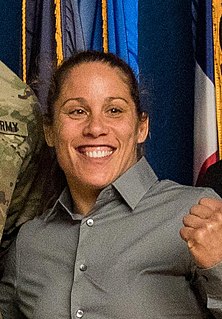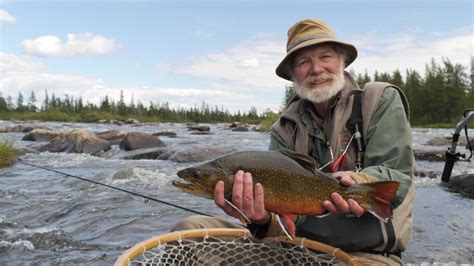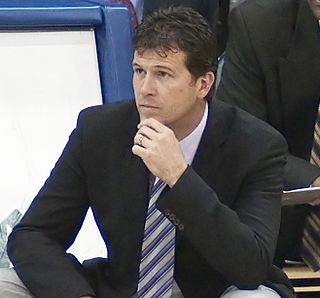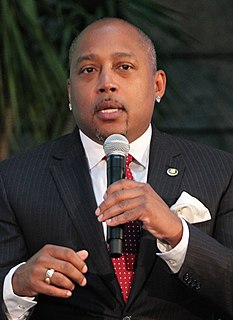A Quote by A. J. P. Taylor
Like most of those who study history, he (Napoleon III) learned from the mistakes of the past how to make new ones.
Related Quotes
Reality cannot be photographed or represented. We can only create a new reality. And my dilemma is how to make art out of a reality that most of us would rather ignore. How do you make art when the world is in such a state? My answer has been to make mistakes, but when I can, to choose them. We are all guilt victims choosing mistakes, and as Godard said, the very definition of the human condition is in the mise-en-scéne itself.
I believe that our society's "mistake-phobia" is crippling, a problem that begins in most elementary schools, where we learn to learn what we are taught rather than to form our own goals and to figure out how to achieve them. We are fed with facts and tested and those who make the fewest mistakes are considered to be the smart ones, so we learn that it is embarrassing to not know and to make mistakes. Our education system spends virtually no time on how to learn from mistakes, yet this is critical to real learning.
I learned that everyone makes mistakes and has weaknesses and that one of the most important things that differentiates people is their approach to handling them. I learned that there is an incredible beauty to mistakes, because embedded in each mistake is a puzzle, and a gem that I could get if I solved it, i.e. a principle that I could use to reduce my mistakes in the future.
The gravest error a thinking person can make is to believe that one particular version of history is absolute fact. History is recorded by a series of observers, none of whom is impartial. The facts are distorted by sheer passage of time and thousands of years of humanity's dark ages, deliberate misrepresentations by religious sects, and the inevitable corruption that comes from an accumulation of careless mistakes. The wise person, then, views history as a set of lessons to be learned, choices and ramifications to be considered and discussed, and mistakes that should never again be made.






































